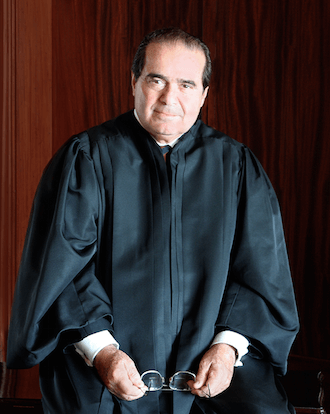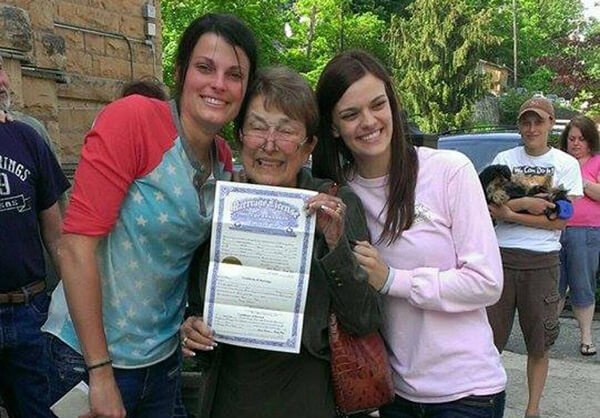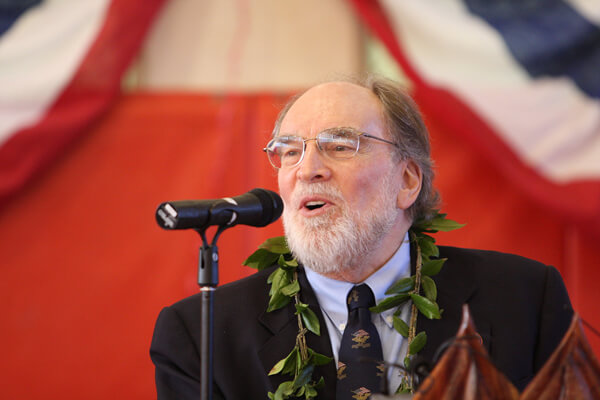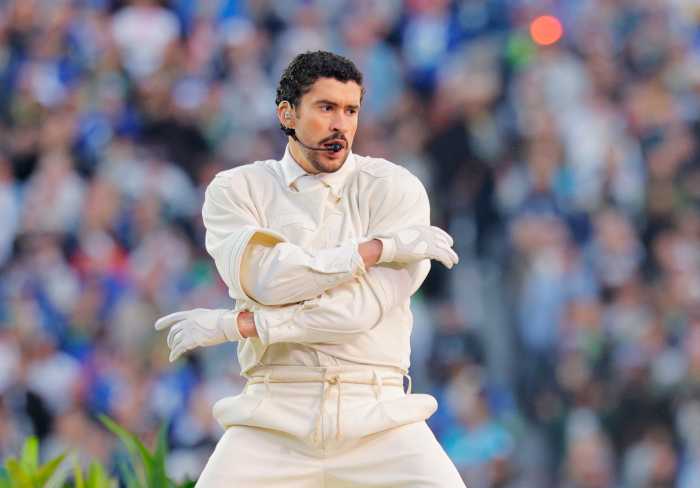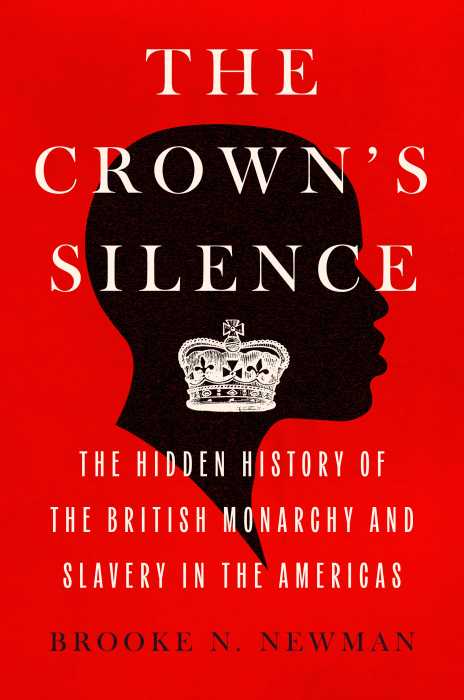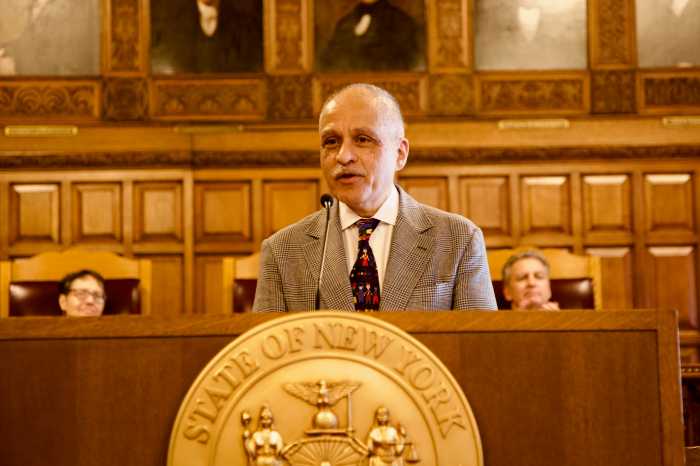News of the sudden death of Supreme Court Justice Antonin Scalia at age 79 is sure to set off a huge political battle over President Barack Obama's constitutional duty to nominate a successor for him. With Senate Republicans likely to try to play out the clock on the president's final year in office, the issue will also be front and center in this year's election.
Over the past three decades, Scalia has been the intellectual leader of the Court faction seeking to block gay rights advances –– unsuccessfully on issues from Colorado's anti-gay Amendment 2 in 1996 to the Texas sodomy case in 2003, the Defense of Marriage ruling in 2013, and the Obergefell marriage equality breakthrough last year.
New York Law School Professor Arthur S. Leonard will be reviewing Scalia's record on LGBT and related issues and examining the implications of this departure for Gay City News. Until that analysis is posted, Leonard's reporting on Scalia's dissent in last June's marriage ruling follows:
Scalia, the self-proclaimed originalist, was in fine fulminating form, although perhaps less colorfully than in his dissent a day earlier in the case upholding federal tax credits under the Affordable Care Act. He was quick to observe that the generation that wrote and adopted the 14th Amendment would not have seen it as creating a right for same-sex couples to marry, and under his jurisprudence that should end the matter.
But, as he had done in the DOMA and sodomy cases, he sharply criticized the court for short-circuiting political debate. Noting the “unrepresentative” nature of the court, he questioned the legitimacy of it making such a policy decision.
“This is a naked judicial claim to legislative –– indeed, super-legislative –– power; a claim fundamentally at odds with our system of government,” he exclaimed. “They have discovered in the Fourteenth Amendment a ‘fundamental right’ overlooked by every person alive at the time of ratification, and almost everyone else in the time since.”
He also criticized the opinion as being “couched in a style that is as pretentious as its content is egotistic.”
As he has frequently done in past dissents, he decried Justice Kennedy’s conception of liberty, concluding, “The stuff contained in today’s opinion has to diminish this Court’s reputation for clear thinking and sober analysis.”
Actually, many past decisions of the Court emanating from its conservative voices have already done that many times over. One need only cite Bush v. Gore and Citizen’s United.
A decade ago, Gay City News' Duncan Osborne wrote about a blunt encounter between Scalia and an NYU law student and Scalia critic who asked the justice a very personal question about his views on sodomy.
Check in at GayCityNews.nyc for Arthur S. Leonard's full analysis of Scalia's career on the court and the implications of his absence going forward.

